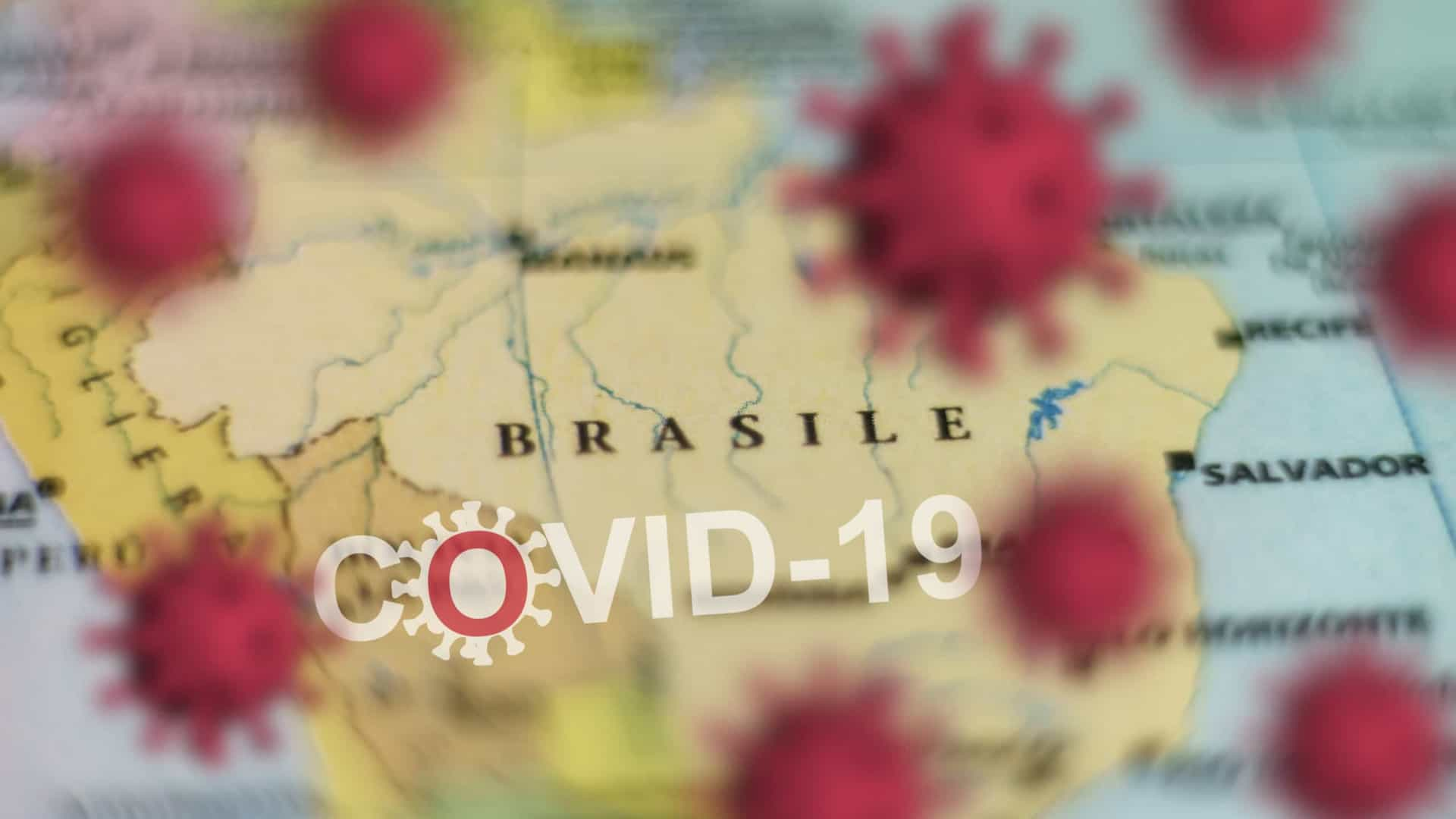RIO DE JANEIRO, BRAZIL – Citizens and residents of the United Kingdom, Brazil, and South Africa are facing the most restrictions on entering other countries because of the Covid pandemic, according to a survey conducted by Folha de S.Paulo newspaper based on data from the International Air Transport Association (IATA).

Among 150 countries analyzed, 25 have placed specific restrictions on people from the United Kingdom, 17 on Brazil, and 17 on South Africa.
The total considers places that have banned entry of passengers who have been in these countries before traveling or have banned flights coming from them, and only includes restrictions currently in force.
Some others, like India, only require extra testing or quarantine for travelers coming from these three countries, but entry is allowed if passengers provide confirmation that they are not infected with the virus.
The other 27 at the top of the list are European countries, with Portugal (13 vetoes) and Ireland (12) leading. Several governments have announced block restrictions on the continent’s nations, which have free movement between them, since the majority are part of the Schengen Area.
The measures against specific countries gained strength in late 2020, as a means to contain the spread of new, more contagious virus variants. Scientists have now detected strains in the United Kingdom, Brazil, and South Africa.
IATA data show that at least 55 governments maintain near-total traveler entry bans, with few exceptions, such as access to their own citizens and residents.
Saudi Arabia, which has banned entry in general, has imposed an additional restriction: even residents who have passed through the UK, Brazil, or South Africa in the past 14 days are not allowed entry.
In South America, travelers coming from Brazil face restrictions in Argentina, Colombia, and Peru. Access to the US has been banned since May 2020 except for US citizens. Brazil is also subject to restrictions in Germany, Saudi Arabia, Austria, Spain, Iraq, Madagascar, Morocco, Moldova, Oman, Pakistan, the United Kingdom, Tunisia, and Turkey.
In turn, Brazil has banned flights from South Africa and the United Kingdom since January, and is blocking entry to passengers who have been to these two countries in the past 14 days. Exceptions are made for Brazilian citizens and residents, but they are required to submit a negative Covid test and comply with quarantine.
“Studies conducted on the ebola and zika outbreaks show that border closures are generally palliative. These measures only buy time, some two or three weeks, but are unable to prevent the import of pathogens,” points out Marcelo Gomes, coordinator of Infogripe (national respiratory disease monitoring system, linked to the Ministry of Health) and researcher at the Oswaldo Cruz Foundation.
“It is a permeable barrier, because some groups, such as diplomats, can enter, and the circulation of goods continues,” he says. The researcher explains that ideally there should be a combination of strategies, including the control of transmission in the location where the new strain originated, testing, and isolating travelers.
The United States, the country with the highest number of Covid cases in the world -28.7 million-, is the target of restrictions from only three countries: Saudi Arabia, Madagascar, and Moldova. India, the second most infected nation -11.1 million- is also banned in three countries (Saudi Arabia, Madagascar, and Iraq).
“Reciprocity is the most valuable principle of diplomacy. But, as this is an exceptional moment, I don’t believe that a policy of total isolation is favorable, because it could create obstacles to importing supplies, including the vaccine itself,” says Fernanda Magnotta, coordinator of the International Relations course at FAAP, a private Brazilian university.
Border closures also affect sectors such as trade and tourism, whose entrepreneurs may push for a reopening. Furthermore, barriers can be used for political purposes. “Governments can impose them as a means to show that they are protecting their societies from external dangers. It’s a form of nationalism,” says Magnotta.
“Ideally, Brazil should govern the crisis well. The more we fail to do our homework, the worse our international reputation gets,” the coordinator notes.
Brazil, which is facing its worst moment since the pandemic began, is fertile ground for the emergence of new strains, which could lead to new external blockades.
“The more cases occur, the greater the amount of mutations. And, as a result, the likelihood of a new variant emerging that will become stronger and manage to escape previous immunity or the protection of some of the vaccines grows,” alerts Gomes, from Infogripe. “With fewer cases in the country, this is much easier to control.”

